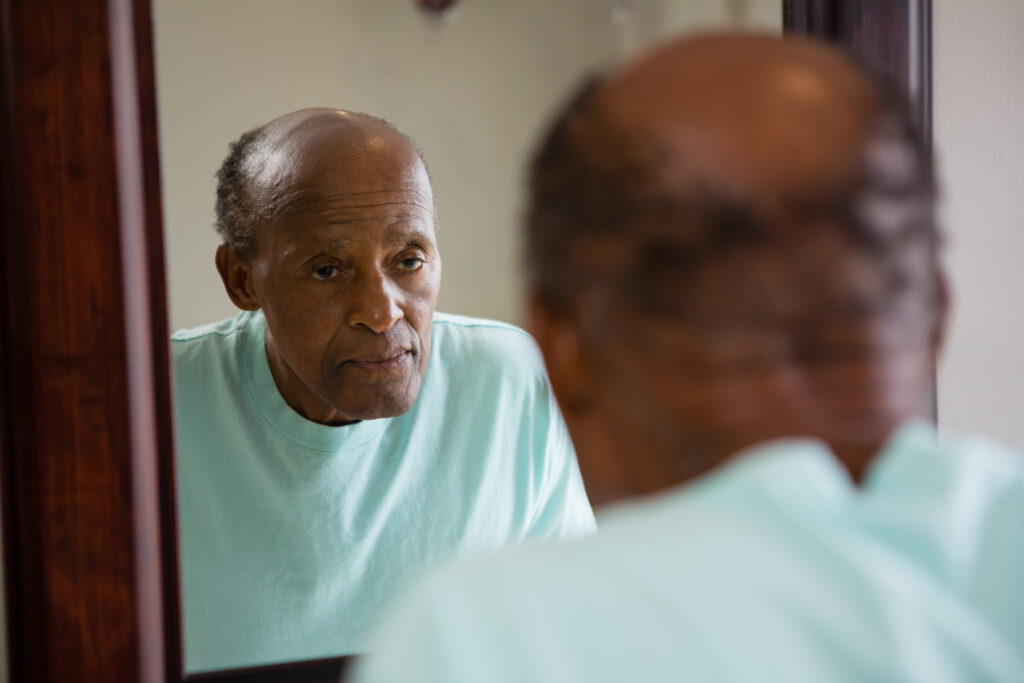Little Time to Deal with Caregiver Emotions
Since caregivers often acquire their role suddenly, they have little time to prepare for new responsibilities mentally, financially, or emotionally. Often, they must deal with caregiver emotions by stuffing them inside to think about later as they move on to the next decision to make. Meanwhile, they make hundreds of decisions while in a state of emotional shock. Though the person affected by those decisions may be able to participate in the process, many times the new caregiver must decide alone taking on a burden of tremendous weight. Making life-altering decisions for someone else within minutes or hours under highly stressful conditions with almost no time to prepare or research options can take down the strongest emotionally stable individual.
Most people in this situation eventually go into a state of emotional shock or numbness where they go on autopilot and just “do it.” They react almost without thinking based on what they know or feel in that moment which helps them get through the moment but then they must live with those decisions later–good or bad. Saying they feel overwhelmed with emotions seems like an understatement of fact. Whether the role comes after an emergency or months of anticipation, dealing with caregiver emotions from taking on else’s healthcare and life is daunting.
Situations Are Unique
Learning how to care for someone and what to do in your own personal situation is not something you can learn from a book. Each person’s situation is different and constantly changing and your circumstances change. The issues Lynn and I faced in the early years of his illness aren’t what we face now but are nonetheless just as difficult.
When you share stories with other caregivers, keep in mind that there are no small crises. What might seem small to you could be huge to them for reasons unknown to you. Never forget that you don’t know their struggles and show them empathy and respect always. No personal pain is small, nor does pain come from one source only. Pain is compromised of a bundle of energy that includes past hurts, current circumstances, and future fears along with the physical facts causing the pain or illness.
Full-Time Caregivers
All caregivers feel the emotional impact that accompanies changes in circumstances. Full-time caregivers have difficulty dealing with caregiving emotions because they typically experience the greatest change and loss of personal freedom. Feelings of guilt surface when trying to cope with grieving the loss of personal freedom.
Loss is an honest emotion, natural emotion that caregivers should allow themselves to experience. They do not need to feel guilty about feeling a sense of loss over what they can no longer experience. Burying the feelings rather than dealing with them could lead to resentment, depression, or anger.
Why are there negative emotions?
When a family member becomes ill or injured, everyone focuses on the crisis. Family and friends aim all attention, empathy, and support toward that individual’s needs and how they can help reduce the negative impact of events on their life. The affected family member becomes the center of attention, and their own view of life becomes self-focused. The world evolves around them. A personal view is like looking into a camera lens. If we took a picture of the situation, they would be in sharp focus and everything else around them would appear hazy or blurred.
What does the one taking the picture see, however? The photographer saw it all. In order to get the picture-perfect, the photographer had to control the scene, the lighting, the subject, the equipment, everything. The caregiver is the photographer

